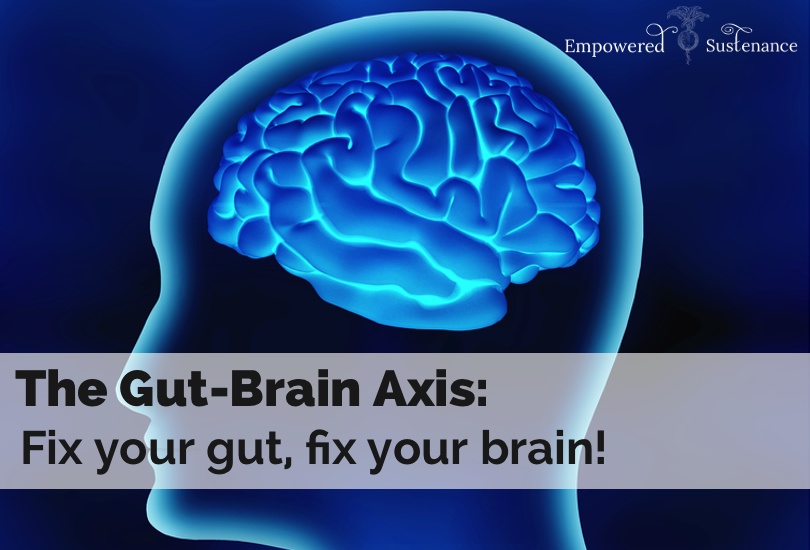Using amino acids in healing addicted brain

Using amino acids in healing addicted brain can help
Using amino acids in healing addicted brain: Treatment possibilities
Addiction is a serious health risk, a condition with several treatment possibilities including using amino acids. Addiction can affect directly or indirectly and despite its grave effects we are yet to appreciate that its physical disorders originate from the brain. According to the experts from the AWAREmed health and wellness resource center under the leadership of Doctor Dalal Akoury MD, addiction has some painful symptoms which occur during abstinence and interferes with the ability to stay sober. Some of these symptoms include; craving, obsession, compulsion, stress sensitivity, anxiety, depression, mental confusion, and hypersensitivity to the environment. It is also important to note that the pain of staying sober can be so severe that it may interfere with the ability to function normally even when the desire for and commitment is strong.
Using amino acids in healing addicted brain: Neurotransmitters and addiction
Everyone needs comfort both physical and emotional, for this to effectively take place, neurotransmitters will play a very significant role in feelings of pleasure and well-being. The brain will in the event of deficiency or excess of the neurotransmitters give rise to uncomfortable feelings. Many at times the decisions and actions we take are chosen to produce a good feeling or relieve bad feelings. For example:
- We eat because it produces a reward of good feelings.
- We eat certain foods because they produce a better reward than others (chocolate produces more reward for most people than parsley).
- We have sex because it produces a powerful release of pleasurable chemicals.
- We work because the work itself is rewarding for us or because the end result produces a reward.
- We refrain from certain actions because they do not produce the feeling of reward we are seeking.
- We all differ in what gives us satisfaction and in the depth of satisfaction we experience, but we are all motivated by chemical actions in the brain that nature uses to keep us alive, motivated, functioning, and reproducing.
An imbalance in the interaction of neurotransmitters can result in a reward deficiency that can manifest as restlessness, anxiety, emptiness, lack of satisfaction, and vague or specific cravings. When this takes place the brain is simply communicating to us to take action to make right the imbalance. There are substances and activities that change our biochemistry so much that we want to do them over and over. And if the person has a reward deficit that predisposes to addiction, the activity that works will be repeated as often as necessary to get the desired reward. For the person predisposed to addiction, the chosen activity will rapidly go from self-medication to addiction.
While research has opened doors to new understandings of the nature of addiction and its effect on the brain, little of this information has been applied to actually helping people get well from this devastating disease. There are scientifically based strategies that change the brain chemistry of the addicted person, removing the discomfort of withdrawal, eliminating cravings, and relieving the abstinence-based symptoms of addiction. These include nutritional therapy, acupuncture, auricular therapy, and brain wave biofeedback. The most important is the nutritional approach, especially with the use of amino acids, which is the focus of this discussion. We will continue this discussion in our subsequent postings but in the meantime, you and I need to pool together in keep the activities of our brains healthy. And therefore for any concern about this deadly condition, you can always schedule an appointment with doctor Akoury for a one on one professional input.
Using amino acids in healing addicted brain: Treatment possibilities













